What is Environmental Toxicology?
Environmental Toxicology is an exciting and rapidly developing field in environmental science that is concerned with understanding the harmful effects of chemicals on humans and wildlife. An additional, important aspect of environmental toxicology is determining the likelihood that harmful effects will occur under certain exposure scenarios (risk assessment).
THE MET PROGRAM
The main objectives of the MET Program are to:
- Meet national and international needs for trained toxicologists.
- Facilitate communication between toxicologists and other environmental scientists.
- Develop and maintain high standards of research and education in toxicology.
Our graduate program offers specialization in areas such as chemical fate in the environment and bioavailability, pharmaco- and toxicokinetic modeling, biological effects and mechanisms of action. A focus on interdisciplinary approaches and sound science is fundamental to our education and research activities. At the inception of the MET program at SFU in 2001 and today, we are on of only several formalized toxicology training programs in Canada.
Training and education of graduate students
You will work with a faculty member in conjunction with an advisory committee to develop a program of study tailored to your needs and interests, and to help you reach your professional goals. The MET degree requires 32 hours of course credits, and at least 10 credits of dissertation research (BISC 656), and a defended dissertation in your major discipline area. The program can be completed in 2 years full time, and can be taken part-time as well.
Graduation Requirements:
- Selecting your supervisor and advisory committee
- Approval of a graduate plan of study (courses and project)
- Approval of a graduate research proposal
- Successful completion of all classes listed in calendar (32 credit hours) *
- Research and completed thesis
- Successful defense of thesis
* A co-operative education option is available to MET students in which students complete two semesters of paid work experience during their studies. Please note that suitable co-op placements cannot be guaranteed.
Our Faculty
Questions? Concerns? SFU's MET faculty are some of the most knowledgeable in the industry.
Dr. Chris Kennedy
Professor of Biology and ToxicologyDept. of Biological Sciences
Director of the MET Program
ckennedy@sfu.ca
Dr. Francis Law
ProfessorDept. of Biological Sciences
Toxicokinetic modeling and risk assessment
flaw@sfu.ca
Dr. Tim Beischlag
Associate ProfeessorFaculty of Health Sciences
Signaling pathways in chemical carcinogenesis
beischlag@sfu.ca
Adjuncts
Dr. Curtis Eickhoff
Director, Business Dev. and Technical LeaderEcotoxicology
Maxxam Analytics, Burnaby
ceickhoff@maxxam.ca
Dr. Rostam Namdari
DirectorToxicology & Clinical Pharmacology
Xenon Pharmaceuticals Inc.
rnamdari@xenon-pharma.com
Dr. Shannon Bard
Department HeadRisk Assessment & Biological Services
Keystone Environmental
sbard@keystoneenvironmental.ca
Dr. Jorgelina Muscatello
Aquatic ScientistEnvironmental Services
Stantec Consulting Ltd.
jorgelina.muscatello@stantec.com
Why Study Toxicology at SFU?
Our outstanding Environmental Toxicology program is not the only reason to attend Simon Fraser University. SFU is a very highly regarded university in Canada and is strategically located on top of Burnaby Mountain in the heart of metro Vancouver.
There are so many ways you can enjoy Vancouver. Are you looking for an exciting night life? Head to Granville and Robson Streets for nightclubs, bars, and concerts. If you’re looking for relaxation and rejuvenation, skip down to Yaletown and get pedicures, go to spas, and dine on the Marina Waterfront. To visitors, and people across the globe, our famous city is known as an international destination with something for everyone; we really have it all! Attractions, events, and family fun abounds for everyone. You can climb white-capped mountains in the morning, go sailing off Spanish Banks in the afternoon, and dine under the stars at one of Vancouver’s many restaurants and sushi bars. Vancouver is warm and welcoming, as well as friendly and vibrant.
Nature is a major love in our city, and you will never be far from the forest, beaches, mountains, or the Pacific Ocean. Many simply come to this city to become inspired by its beauty! It's a City that has a vibrant, and electric mix of thriving businesses, social vibes, and natural beauty. What more could you ask for?
MET STUDENTS / RESEARCH
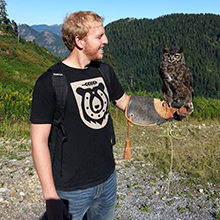
Alexander Cancelli
STUDY
Chemical Fate and Bioaccumulation Modelling

Lindsay Du Gas
STUDY
Aquatic Toxicology
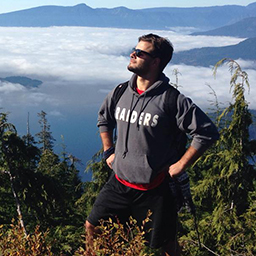
Grant Fitzpatrick
STUDY
Aquatic Toxicology
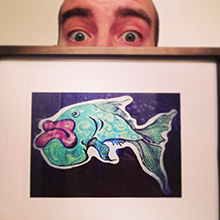
Jeremy Jackson
STUDY
Molecular Toxicology
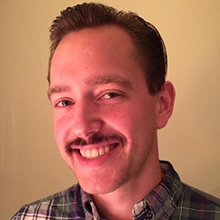
Ryan Lebek
STUDY
Aquatic Toxicology
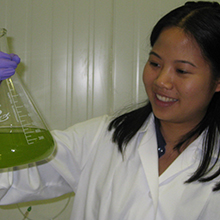
Bonnie Lo
STUDY
Aquatic Toxicology
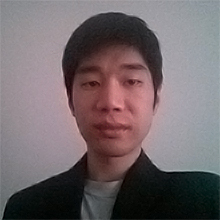
Alvin Louie
STUDY
Aquatic Toxicology / Endocrine Disruption
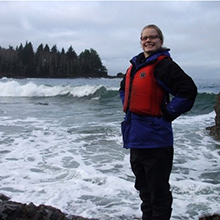
Sydney Love
STUDY
Aquatic Toxicology
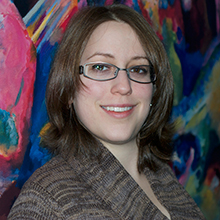
Melanie Pylatuk
HOMETOWN
Regina, Saskatchewan
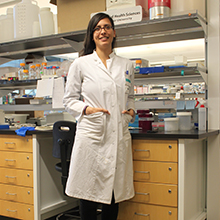
Alexandra Reers
STUDY
Endocrine Toxicology
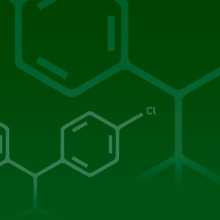
Mohammed Sheriffdeen
STUDY
Food and Drug toxicology / Pharmacokinetic modelling

Lilian Wong
STUDY
Endocrine Toxicology
CAREERS IN TOXICOLOGY
The increase in our health consciousness, as well as concern for our environment, has led to a wide and growing variety of career opportunities in toxicology
After Graduation
The use of chemicals is important to a high standard of living, and the challenge to toxicologists is to ensure that these do not adversely impact human or environmental health. A toxicology career provides the excitement of science and research while also contributing to healthy and sustainable current and future generations. Few other careers offer such exciting and socially important challenges as protecting public health and the environment.
Attractive Salaries and Professional Advancement
The demand for well-trained toxicologists continues to increase. Highly competitive salaries are available in a variety of employment sectors. Increasing specialization in the science of toxicology now provides the toxicologist with a competitive advantage over chemists, engineers, biologists or other scientists without specialized training in toxicology. Salaries for those with master’s degrees in toxicology will generally start at $50,000 to $60,000.










